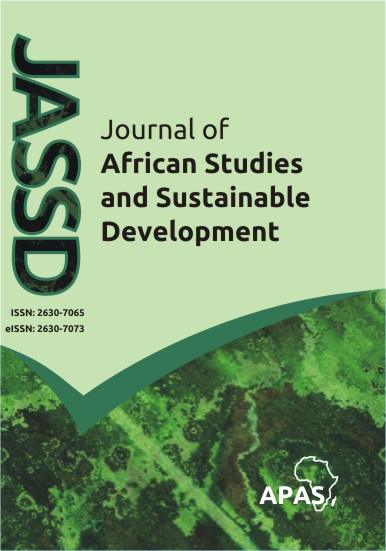 Journal of African Studies and Sustainable Development (JASSD) (Vol. 7 No. 1, 2024)
A CRITIQUE OF THOMAS AQUINAS'S NOTION ON CONSCIENCE AS A GUIDE TO ETHICAL DECISION MAKING
Journal of African Studies and Sustainable Development (JASSD) (Vol. 7 No. 1, 2024)
A CRITIQUE OF THOMAS AQUINAS'S NOTION ON CONSCIENCE AS A GUIDE TO ETHICAL DECISION MAKING
ABSTRACT
Conscience has always been seen as the cornerstone of an action's goodness in the study of morality. The Notion of Conscience, a work by Thomas Aquinas, was crucial in establishing the concept of conscience and the related theoretical concerns. Synderesis, largely a cognitive role, is assigned to Aquinas. He insisted that people had a fundamentally firm understanding of what is ethically good and bad. Aquinas connected synderesis and natural law by equating synderesis, which is the habit, with the earliest practical principles and the fundamental tenants of natural law. This study tries to demonstrate the essential role of conscience as a motivational force in order to build a society that is balanced and encourages ethical living. Since conscience is bound, whether one is right or wrong, in accordance with Aquinas, acting against it is always wrongdoing.

